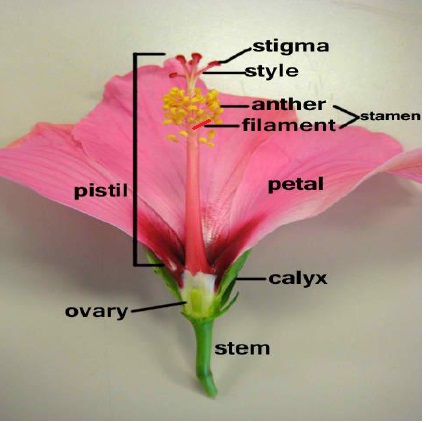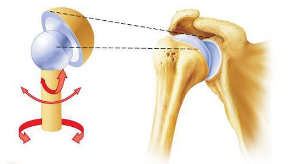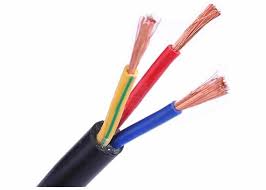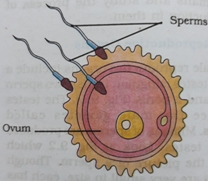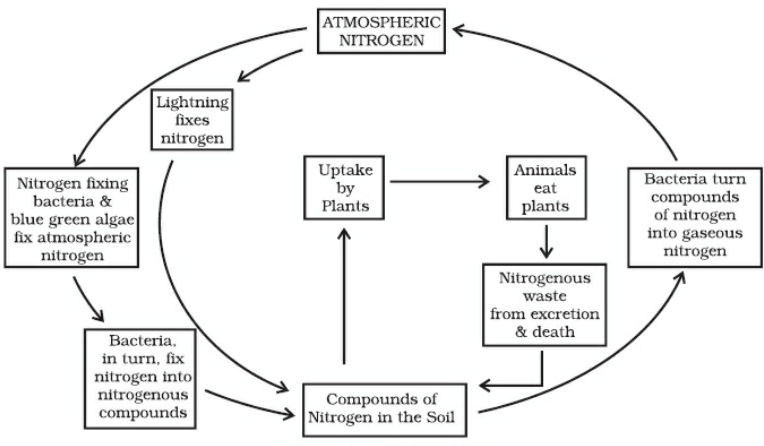PARTS OF A TYPICAL FLOWER
A flower develops on a branch from a bud. A flower is the reproductive part of the plant. A stalk called the pedicel attaches the flower to the branch. The upper swollen end of the pedicel is called ‘thalamus’. Thalamus bears floral parts like – Sepals, Petals, Stamens and Pistil (carpel).
PARTS OF A TYPICAL FLOWER Read More »
